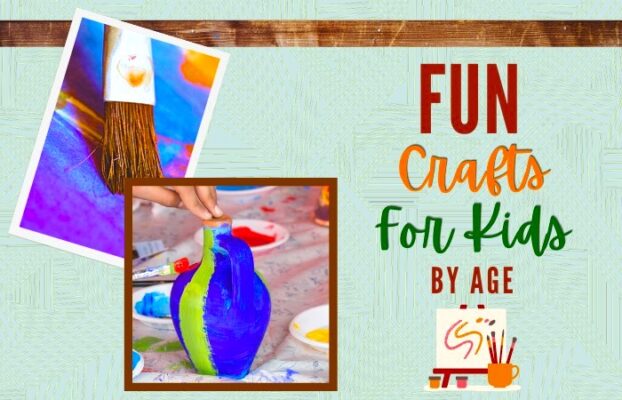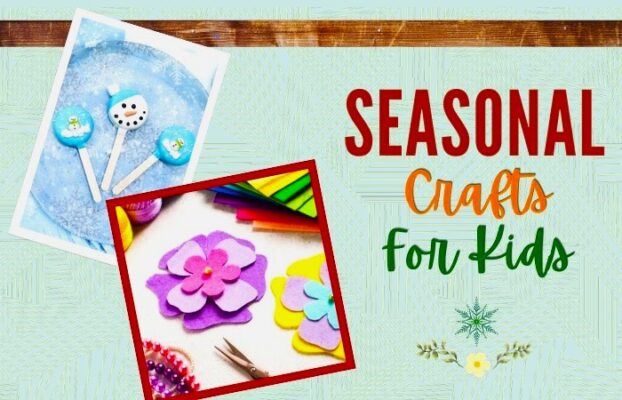
Is your preschooler ready for kindergarten … or you just setting yourself for a power struggle?
Many parents find trying to get their child to bed at night to be one big struggle. The child may play up, whinge and even cry.
On that first day, your child may repeatedly keep getting out of bed and coming downstairs.
But getting ready for kindergarten doesn’t have to be this hard.
Before my son started kindergarten, he was prepared for the big day. In fact, he was excited about it. To tell the truth, I was the one who was a little tear eyed to see my little guy off to school with a big back pack. But that is another story …
Find out the best way to get your preschooler ready for kindergarten so he leaves with a smile on his face.
Kindergarten Is A Big Step
The first week that a child goes to kindergarten is a big step for a child.
And for a very young child to whom the security of knowing everyone and everything in the home has been central to her sense of well being, will help establish that classroom as a place of safety as well.
Any familiarity that can be introduced to the classroom when you take her off to kindergarten.
The basics of being able to perform simple student tasks such as how to hold a writing implement, how to draw the basic shapes, how to color a picture and how to answer questions from the teacher without mumbling.
Anything you can do to get her ready for the change will help your little one adapt and succeed in school from the first day going forward.
If you can work out these things well before the first day at kindergarten, it will make that transition much smoother for your child and for the teacher as well.
20 Tips To Get Ready For Kindergarten
For kindergarteners, there’s nothing better than the approval of their parents. You can show them that approval by helping them discover their own physical capabilities.
Try these ideas to get your preschooler ready for kindergarten:
- Read more advanced books – As your child gets older, you can start to introduce books that a kindergartener will read. By taking the time to play out what will be happening in kindergarten, you can prepare your child for all of the aspects of school she can expect.
- Use age-appropriate games – They stimulate the mind. In a world where electronics dominate, it is important to keep your preschooler active. This helps them with their gross motor skills, as well as bringing your child many health benefits.
- Let your child play outdoors – Try activities such as hopscotch, bicycling, skipping rope, and playing at the park. – Your child’s physical, mental and emotional health will all be positively impacted as they run and jump.
- Encourage your child to write and draw – This will prepare them for when they have to use a pencil for smaller characters, as they will already have some practice following proper writing directions and strengthening their fine motor skills.
- Use food to explain math problems – Your child can use tiny pieces of food such as gummy bears for addition and subtraction. Ask them to separate the gummy bears into different colors. Talk about how many of each there are, and what the total number is. Ask them to subtract one pile from the rest. These kinds of activities help them to understand the concrete principles of math.
- Have smart conversations – Talk with them in an intelligent manner, instead of using baby talk.
- Teach your child through daily life experiences. Use your creativity to weave lessons into the situations you face each moment.
- Encourage your child to ask questions – Answer those questions honestly.
- Use cooking as a teaching tool – Most children have a love for cooking. Use this time to work in concepts such as math when you measure, art when you combine colors for frosting, and letter recognition when you make letter-shaped cookies and other goodies.
- Play a musical instrument – Allow your child to explore the world and be curious about life. Buy a few simple instruments for your child, such as tambourines and a recorder. Encourage them to use the instruments and make a tune, or shake the instrument to the beat of a song you play. This will help as they pursue any musical ambitions in the future, and will also help them with coordination.
- Add and subtract in everyday situations – Every day, you can give your preschooler a head start in math. When you are at the grocery store, ask your little one to pick out six apples for you. Once they have mastered their basic numbers, you can make it more complex.
- Encourage a sport – but avoid forcing your child to play something he or she doesn’t enjoy.
- Encourage musical skills – Buy a few simple instruments for your child, such as tambourines and a recorder. Encourage them to use the instruments and make a tune, or shake the instrument to the beat of a song you play.
- Have regular family time – Make time for you and your child to play together each day.
- Schedule play dates – Avoid sheltering a child so much that they don’t get to interact with others. Learning appropriate social interaction behaviors is critical to building their confidence!
- Make exercise time fun. – Encourage a healthy weight by eating right and getting exercise.
- Arts and crafts that teach – Little ones love crafts, and there are many age-appropriate activities for them to participate in. Preschoolers especially love using messy supplies such as glue, glitter, stickers, markers, and anything bright and catchy.
- Practice shapes and patterns – Whether you are pasting shapes on construction paper or creating a unique ornament, your preschooler will be thrilled with any effort you put into the project. Keep it simple as it doesn’t take much to impress them.
- Give simple chores to do – Creating good habits and building confidence at a very early age is a great way to give a child the best possible start in life.
- Set a good example by not smoking, drinking, or overeating.
Your kindergartener will learn a lot from the example that you set, the time you spend together, and the encouragement you give them to try new things and explore the world.
As long as you don’t push them too hard, they’ll feel empowered to choose what they like and to learn from those choices.



